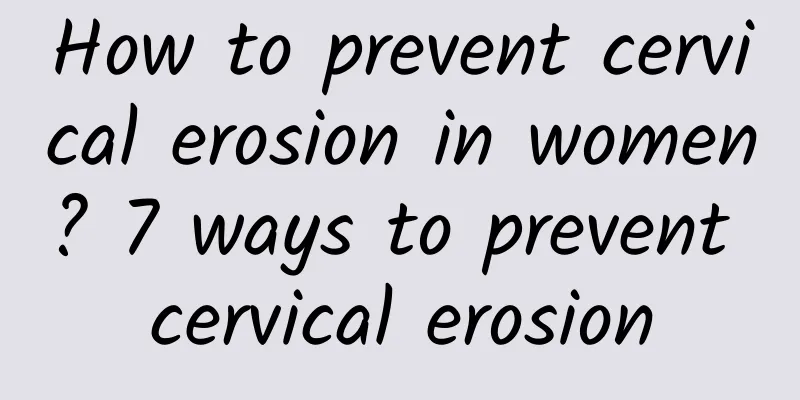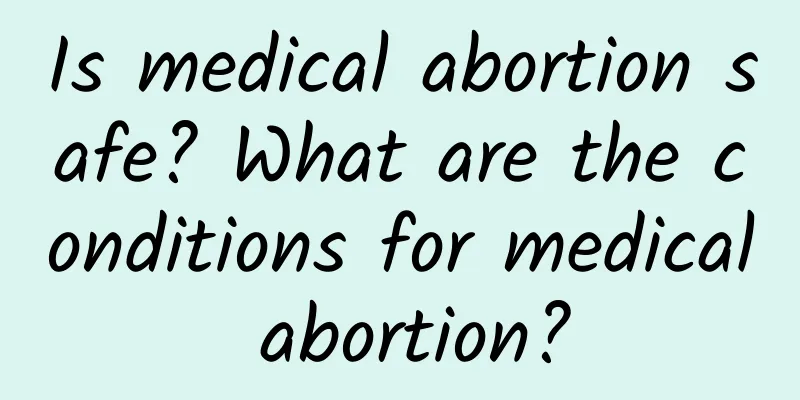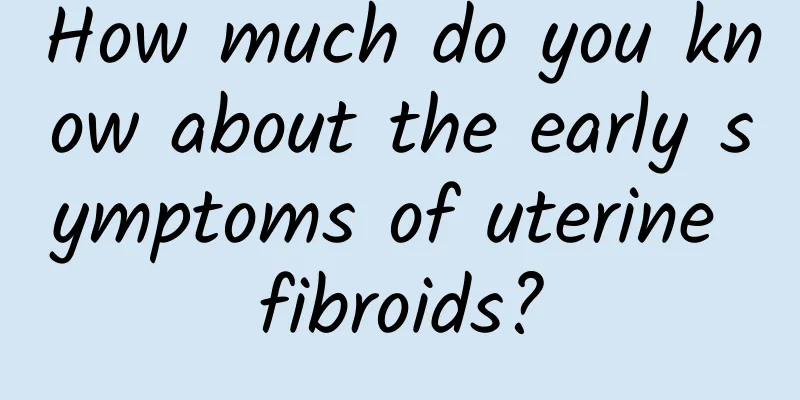How long does embolization for adenomyosis work?

|
Uterine artery embolization is an effective minimally invasive method for the treatment of adenomyosis. After embolization, many patients' symptoms will be relieved, menstrual flow will decrease, and dysmenorrhea will be improved. This treatment effect usually gradually appears within 1 to 3 months, but the time may fluctuate depending on individual differences. Uterine artery embolization mainly achieves the treatment effect by blocking the blood flow that feeds the adenomyosis lesion tissue. Its technical advantages are short operation time, less trauma, and quick recovery. The effect of uterine artery embolization in the treatment of adenomyosis comes from its ability to reduce the blood supply to the diseased tissue, thereby causing the diseased tissue to shrink or even disappear. Clinical studies have shown that most patients can see significant therapeutic effects within 3 months after surgery. With optimized technical measures, the success rate is high, but attention should be paid to case selection and postoperative management. In addition to embolization therapy, other treatments include drug treatment and surgical resection. In terms of medication, symptoms can be controlled by taking oral nonsteroidal anti-inflammatory drugs or hormone regulating drugs (such as GnRH agonists). In severe cases, hysterectomy can also be considered to cure the disease by completely removing the lesion while ensuring that there is no requirement for fertility. The effect of uterine artery embolization in the treatment of adenomyosis comes from its ability to reduce the blood supply to the diseased tissue, thereby causing the diseased tissue to shrink or even disappear. Clinical studies have shown that most patients can see significant therapeutic effects within 3 months after surgery. With optimized technical measures, the success rate is high, but attention should be paid to case selection and postoperative management. In addition to embolization therapy, other treatments include drug treatment and surgical resection. In terms of medication, symptoms can be controlled by taking oral nonsteroidal anti-inflammatory drugs or hormone regulating drugs (such as GnRH agonists). In severe cases, hysterectomy can also be considered to cure the disease by completely removing the lesion while ensuring that there is no requirement for fertility. For those who intend to choose uterine artery embolization, it is recommended to undergo a comprehensive medical evaluation and imaging examination before surgery to ensure the indications for surgery and exclude contraindications. If the symptoms after embolization are not effectively relieved or abnormalities occur, you should seek medical attention for a follow-up examination in time. A healthy lifestyle is also helpful in improving the treatment effect. You can enhance the body's overall recovery ability through regular exercise and maintaining a healthy diet. Psychological adjustment after surgery is equally important. You must be patient with the treatment effects and maintain a positive and optimistic attitude to promote the recovery process. |
<<: Is uterine cyst serious? What are the dangers? I have had some bleeding in the past two days.
>>: What causes endometriosis symptoms
Recommend
Four common causes of uterine fibroids
Uterine fibroids are a common gynecological disea...
What are the specific symptoms of pelvic peritonitis
In life, we need to pay attention to the occurren...
How to relieve the pain of dysmenorrhea?
Women have to endure various inconveniences for a...
If you have uterine fibroids, you may find that you have some compression symptoms.
If you have uterine fibroids, you may find some c...
Will candidal vaginitis affect sexual life? What are the hazards of candidal vaginitis?
Vaginal candidiasis can affect the quality of sex...
The person who entrusted the task of surrounding pigs and rescuing cows has appeared! Li Shixun: It has nothing to do with the government
Who was the "hidden person" who leaked ...
What to do about premature ovarian failure
What to do if you have premature ovarian failure?...
Maintaining 3 light lifestyle habits to lose weight is not difficult
Light living includes light food, light body, lig...
Poor sleep can lead to obesity! 3 nutrients to secrete leptin
Not only will eating too much and not exercising ...
What are the symptoms of uterine fibroids? How to self-examine uterine fibroids?
Uterine fibroids are the most common benign tumor...
How long does it usually take to cure chronic vaginitis?
How long does it usually take to cure chronic vag...
A must-read for weight loss! How to eat sugar to lose weight?
"Is sugar a carbohydrate?" a friend ask...
How to use medicine for cervical warts
In recent years, the incidence of sexually transm...
Pyramid training burns 100 calories in 10 minutes
The weather is cold in winter, and all I want to ...
What are the examination items for spontaneous abortion?
After a miscarriage, you should rest well to reco...









